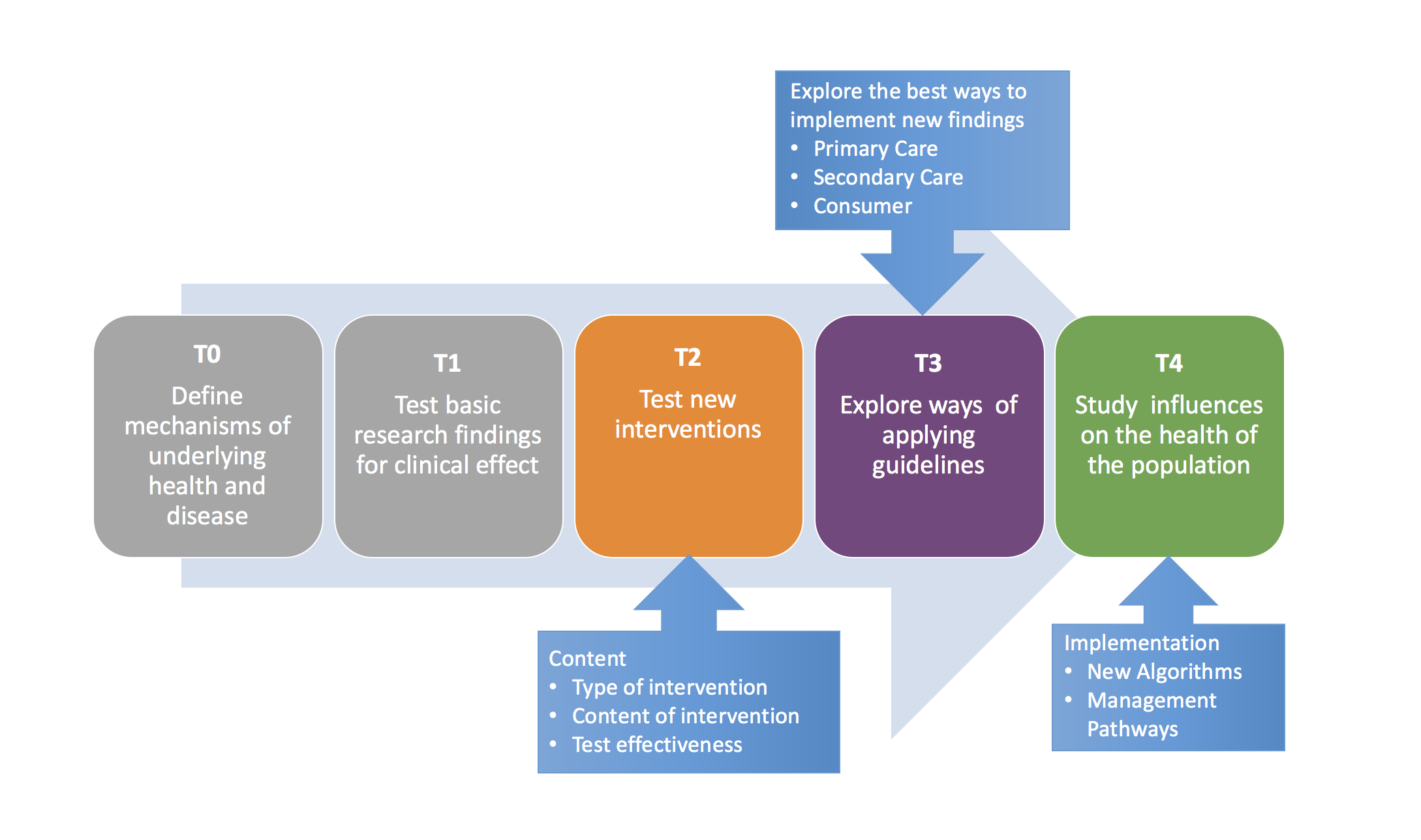Translation of research findings into practice takes time, but can be facilitated by active knowledge translation and implementation strategies. A first step is the assessment and synthesis of existing research findings. We have aimed to provide this in the development of the Severe Asthma Toolkit.

Integration of these findings into clinical practice requires approaches for dissemination and communication and effective implementation strategies. A number of resources have been developed, that can be tailored to suit your individual needs.
Innovation to Implementation for Dementia (i2i4dementia)
Knowledge Translation Planning Tools for Allergic Disease Researchers
Knowledge Translation - Dementia Centre for Research Collaboration
NHMRC Research Translation Faculty
Canadian Institutes of Health Research: Knowledge Translation in Health Care - Moving from Evidence to Practice
Last Updated on
